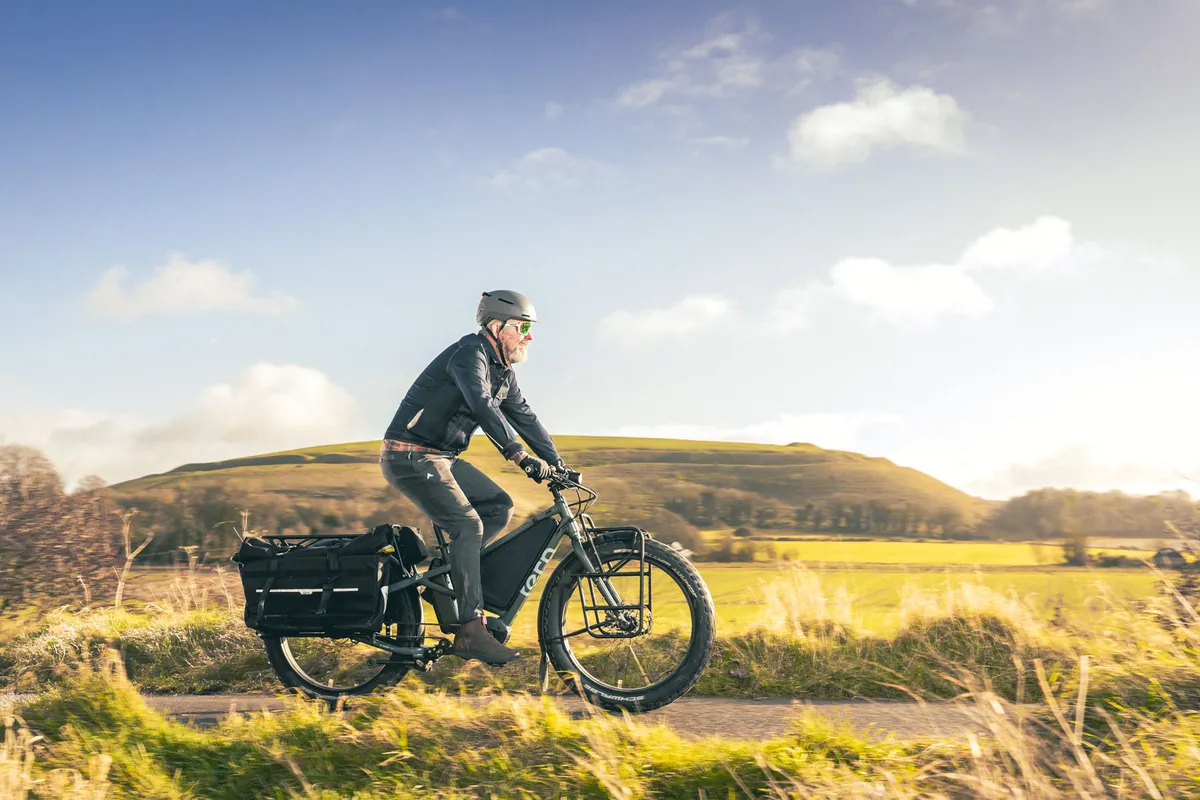Bosch has been accused of protectionism over its involvement in the proposed changes to electric bike regulations in the European Union.
In April, Zweirad Industrie Verband (ZIV), the German cycling industry association, published a position paper, setting out what it believes should be the future of ebike regulations.
The recommendations put forward by ZIV include:
- A support ratio of 1:4, where a rider’s 100W power output is matched by 400W from an electric motor
- A maximum assistance power of 750W
Limiting the assistance power of ebikes would ensure they retain their bicycle-like characteristics, which ZIV sees as integral to their success.
Protectionism

Although Bosch is just one of 140 members in the association, some have said that Bosch is exerting influence over the position to protect its place in the market.
Speaking to BikeRadar, Annick Roetynck, the manager of LEVA-EU, a European trade association for light electric vehicles, said ZIV’s position is: “Protectionism. I'm going to be very straightforward, just true protection.”
“I am gobsmacked with what they're proposing,” she said.
Roetynck singled out Bosch and said it is “trying to stop anything – anything – which would mean competition for conventional electric bicycles.”
Due to ebikes requiring fidelity with non-assisted bicycles, ZIV’s position has been interpreted as potentially blocking the development of heavier e-cargo bikes, which could be used for logistics or even carrying multiple people.
Disabled people or those who cannot generate sufficient power could also struggle to use ebikes if ZIV’s recommendations are implemented, according to Roetynck.
Bosch is using “all its power”

Hannes Neupert, who has worked in the light electric vehicle industry since 1982, echoes Roetynck’s claim of protectionism and sees Bosch as working to preserve its place in the sports ebike market.
“I cannot accept that Bosch, just for primitive protection of their main market, is attempting to disqualify all others,” he said.
Neupert has paid particular attention to Bosch, one of the world’s biggest ebike motor and battery manufacturers, since it proposed increasing maximum power to 600W in January 2024.
“The official reasoning behind this is that there is dangerous competition between the suppliers, making [more powerful] motors all the time,” he claimed.
In May 2025, Bosch released an update to its Performance CX gen 5 motor increasing the maximum power to 750W.
“Let me say that Bosch is aiming to protect its commercial position here. It has fallen behind in the innovation of ebike motors and is using all its power to try and slow or stop others from gaining market-share at the expense of Bosch,” Neupert told BikeBiz.
There has already been pushback against ZIV’s proposals. Roetynck said LEVA-EU members that are also part of the German trade association do not agree with the proposal.
She said that when ZIV presented the position to the EU working group that deals with EAPCs (electrically assisted pedal cycles) in November last year, it did not receive a majority.
What do ZIV and Bosch say?
Tim Salatzki, ZIV’s chief technology officer, said the association’s position has been discussed for more than a year and a half and it was reached through consensus. “Bosch is a member of ZIV but is one of 140 members,” he said.
Claus Fleischer, CEO of Bosch eBike Systems, said: “We have been involved in the ZIV working groups just like other member companies. Please direct any additional questions to ZIV.”
More on electric bikes
- Electric bikes are more powerful than ever – do we need to put the brakes on?
- ‘Dangerous’ ebikes and conversion kits subject to new inquiry
- Trek releases its first ebike with a throttle for easy commuting and adventuring
- I’ve ridden more than 200 electric bikes – here are five things I’ve learned about maximising battery range





